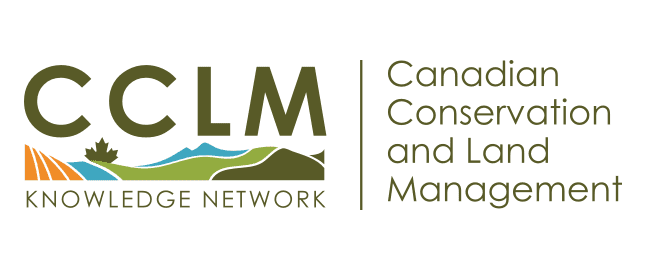CCLM Knowledge Network, Modern Digital Experience


The Canadian Conservation and Land Management (CCLM) Knowledge Network exists to share information and educational resources about conservation, wetland best practices, land restoration, and land reclamation.

CCLM partnered with Northern to unite its numerous associated groups in a shared knowledge portal representing their work nationwide.

CCLM engaged Northern to solve the challenge of creating a Drupal portal with three sub-portals that provided content autonomy to multiple stakeholders and reflected their unique requirements. The primary portal acted as a central hub for conservation and land management, including digital documents, tools, and resources, while the sub-portals supported the remaining content.

The CCLM site is an industry-leading example of digital transformation in the not-for-profit landscape. Northern designed components by content type and structure, making them accessible across the Drupal site, ensuring stakeholders can autonomously publish content within their multi-portal site without sacrificing brand consistency or user experience.
User roles and permissions helped to increase administrative efficiency while providing autonomy to each sub-portal. CCLM is well-equipped for future site growth with reusable elements across its CMS.
Northern helped CCLM leverage Google Tag Manager to measure visitor engagement. Google Tag Manager is an essential tool for recording on-site events such as clicks, form submissions, resource downloads, and interactions with navigation. Reporting through Google Tag Manager allows CCLM to consistently audit engagement performance through its content-heavy web experience. CCLM can now meet its primary objective of delivering an educational experience focused on conservation, wetland best practices, land restoration, and land reclamation.

Tell us how to contact you and provide some context for our conversation.
The asterisks identify required fields.
300 Wellington St, Unit 200, London, ON N6B 2L5
1 King St W Suite 4800 - 47, Toronto, ON M5H 1A1